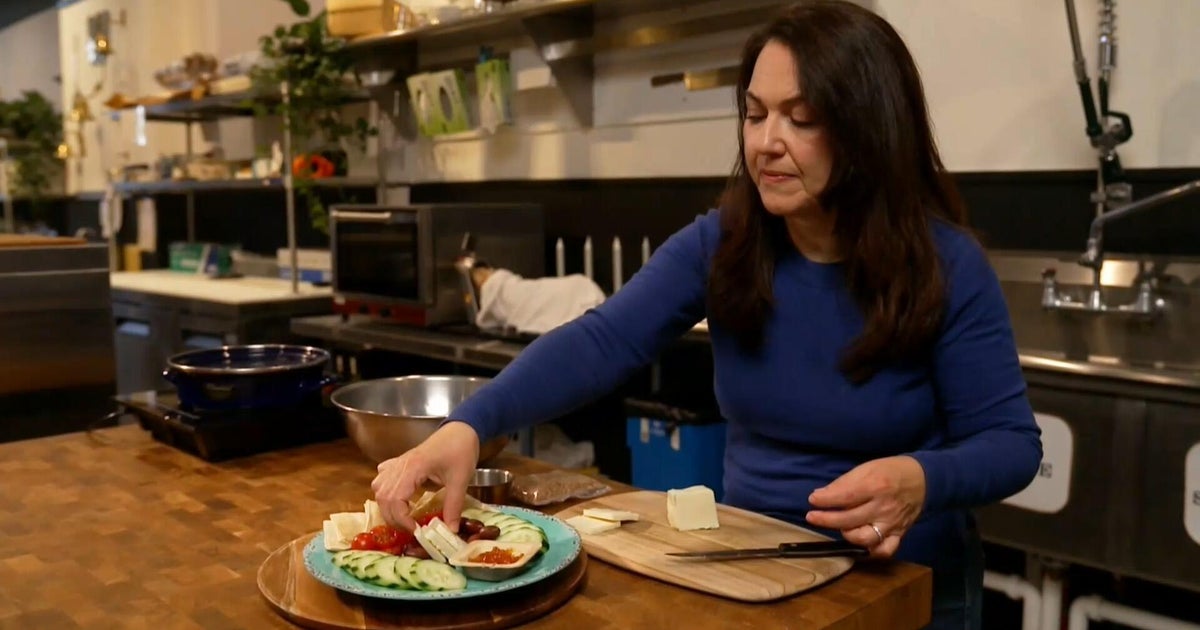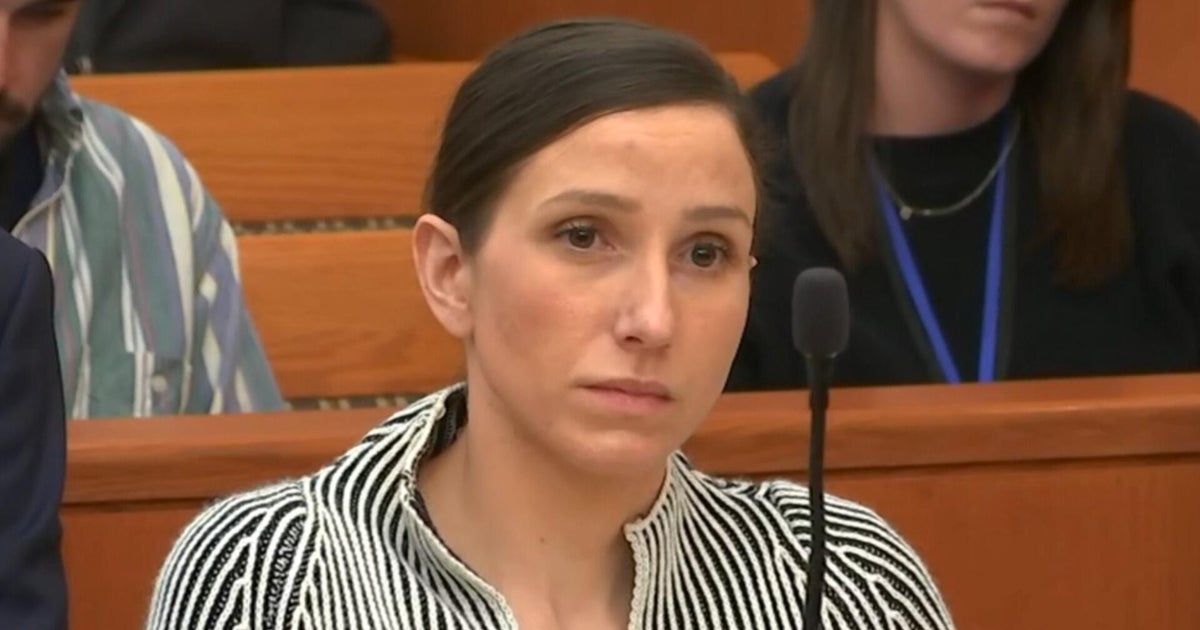Opinion
November 16, 2025 — 5.01am
November 16, 2025 — 5.01am
There are countless milestones to celebrate in any relationship, but one of the biggest is when a couple moves in together. Last week, in these pages, I read that young couples are moving in together increasingly early on in their relationships to save money, and my stomach lurched.
It’s not particularly surprising news – aside from cost-of-living pressures such as sky-high rental markets and grocery prices, the young must confront unique additional factors and financial pressures, such as the likelihood of earning less in the workforce due to their limited experience. It’s also probably that they will be carrying higher education debt and have less in savings.

While moving in can be exciting, anybody who’s done it could tell you that you need some ground rules.Credit: Dionne Gain
A Kinsey report from September noted that almost one in four Americans (23 per cent) now say they would “fast-track” living with a partner for financial reasons. This figure soared to 38 per cent among Gen Z, who cited the cost of living and inflation as motivations to cohabit.
And while moving in together can be exciting, anybody who’s done it could tell you that to work well, you need to set ground rules. We talk a lot about the division of household labour (see: who takes out the bins and who mops the floors), but it’s just as important to set financial ground rules.
For first timers, parents of first-timers or those who are already living together and need a reset, here are some fail-safe steps to take before signing on the lease’s dotted line.
1. Lay your cards on the table
This conversation doesn’t have to be had on the first date, but it does need to happen before you move in. And while you don’t have to put every single detail out there, at least be honest with your partner about what you earn, what debt you have and any other major financial commitments or bonuses.
In the early stages of a relationship it can be easy to forget that not everything has to – or should be – shared.
Being upfront about these things will lay a good foundation for communication and help to build trust from the outset. Because when people conceal or lie about debt, forget to mention their parents still pay their rent, or fudge what they earn, big problems can arise – and hurt and distrust can set in. Once that happens, it can be difficult to undo the damage.
2. Talk about the past – and the future
Loading
I’m yet to meet anyone who feels entirely confident when it comes to baring their financial soul to another person for the first time. Even when you’re in a good (or great) position, there’s always that niggling worry that it’s not as good as you think or that your partner will react in a way that makes you question things.
However, as I mentioned, being transparent about your past – especially when it comes to debt – is the best policy. By being honest with someone else on how much debt you’re carrying, where it comes from and what you’re doing to get on top of it, you make yourself accountable for doing just that.
Plus, knowing how much debt you’re in not only ensures you can budget accordingly but will help you to plan for the short-term future (what you want to do with any leftover money while you’re still paying off the debt), the medium term (what you hope to do once the debt is initially paid off) and the long term (your blue sky retirement dream).
3. Create a budget
Once you’ve got a clear picture of your joint incomings and outgoings, it’s budget time.
While this should include joint essentials such as money for bills, groceries and rent or mortgage repayments, you can also tailor your budget to best suit your needs. Decide on things like whether you’re going to keep your accounts totally separate or create a joint account for the budget or even merge everything.

No one goes into a relationship thinking that they’ll break up, but that doesn’t mean it won’t happen.Credit: iStock
There’s no right or wrong answer here, so do what feels right. At this point, you can also have a conversation about whether you’ll split shared costs equally in a 50/50 manner or by equity, which is common if one person is earning substantially more than another. Once your budget is in place, be sure to schedule regular check-ins to see how it’s working.
4. Plan for the best, but safeguard against the worst
Loading
No one goes into a relationship thinking they’ll break up, but that doesn’t mean it won’t happen. Which is why, especially if you’re moving in together early on, it’s worth having a plan for big purchases and bills.
When I say big purchases, I’m talking about things that make a house a home: like a sofa, the refrigerator and washing machine. Sure, it would be nice to split the cost, but if one of you buys the fridge and another pays for the dining table, dividing things up becomes a lot cleaner if the worst does happen.
The same applies for bills you have. From credit cards and car repayments to utility services, it’s important to share these responsibilities between yourselves and not leave just one person exposed to all the risk should the worst happen. Plus, splitting things up and managing bills responsibly will allow you both to develop cracking credit scores.
5. Set joint and solo goals
In the early stages of a relationship it can be easy to forget that not everything has to – or should be – shared. Instead, it’s about finding a balance.
In my mind, having shared and solo financial goals is so important because working towards things for yourself as an individual and yourself within a couple helps to keep you motivated while maintaining your sense of self.
Shared goals tend to be things like saving for a big holiday or a house deposit, while individual goals can include paying off debt, creating your own investment portfolio or buying yourself a nice watch. Whatever the aim, if sharing absolutely everything doesn’t feel right to you, that’s totally OK and normal.
While preparing for the worst can feel like you’re willing something to fail, believe me when I say that it’s not. Eventually, it will actually help you feel safer because you have a worst-case scenario plan in place.
Victoria Devine is an award-winning retired financial adviser, a bestselling author and host of Australia’s No.1 finance podcast, She’s on the Money. She is also founder and director of Zella Money.
- Advice given in this article is general in nature and is not intended to influence readers’ decisions about investing or financial products. They should always seek their own professional advice that takes into account their personal circumstances before making any financial decisions.
Expert tips on how to save, invest and make the most of your money delivered to your inbox every Sunday. Sign up for our Real Money newsletter.
Most Viewed in Money
Loading


















































